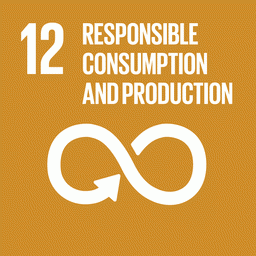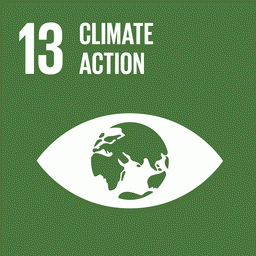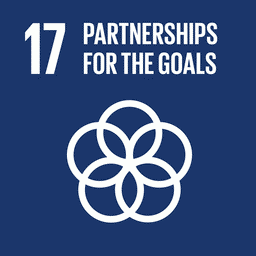Held on 20 April 2022, the second “Technical Dialogue on Sustainability and Traceability in the Beef and Leather value Chains” focused on “Access to Technology for the Sustainability” in these chains. The dialogue is part of a larger initiative funded by the European Union, through the AL INVEST Verde Program, in partnership with IPAM (Amazon Environmental Research Institute).
The dialogue gathered, in a virtual format, more than 40 relevant actors representing the Brazilian public sector (at the federal and sub-federal levels), the European Commission, international organizations, key stakeholders of the beef and leather value chain (meatpackers, retailers, importers) certification agents, the academia and civil society from both Europe and Brazil.
After an introduction focused on the challenges of cattle ranching in the Amazon, participants highlighted the importance of access to technology for improving sustainability in these chains. According to them, in addition to discouraging the deforestation of new areas, technology is crucial in increasing the productivity of small, medium, and large rural properties, enabling environmental sustainability linked to an increase in farmers’ income. For this reason, it is essential to invest in technical assistance to promote better production and management practices.
Attendees cited some existing technological resources and actions – such as crop-livestock integration, use of forages in association with legumes, pasture recovery techniques, pasture rotation, and adequate nutrition, among others – to increase access to technologies. If implemented, they would improve the beef and leather chains’ productivity, sustainability, transparency, and traceability.
The issue of the adoption of new technologies and the raising of standards happening in response to consumer demand was also addressed. Recent global trend data has shown a new consumer preference for more sustainable products.
Traceability was identified as a possible technology to monitor the entire chain. However, an improvement in coordination and information sharing is needed. According to the invited experts, networking in integrated value chains, such as beef and leather will facilitate the development of adequate traceability systems. However, robust governance will be needed to promote and align economic incentives among all actors.
Participants also highlighted the need to implement technologies and criteria to gain scale in a country as vast as Brazil. They also stressed the importance of access to credit and technical and managerial assistance that allows the producer to carry out their activities more efficiently. Smaller-scale producers often face more significant obstacles to adapting independently, yet, they are often the main ones affected by internal or external restrictions.
Stay tuned
The overall objective of the initiative is to contribute to the identification and promotion of collective practices and partnerships among key stakeholders for the sustainability of the beef and leather value chains.
This second dialogue follows previous discussions held during the opening roundtable in December 2021 and the first technical dialogue on March 9, 2022, on the role of due diligence.
The third and final dialogue of the round will take place on May 18. Guests will discuss traceability as a tool to improve sustainability. The outcomes of the three dialogues will be presented during a final event, open to the public, in July 2022.


